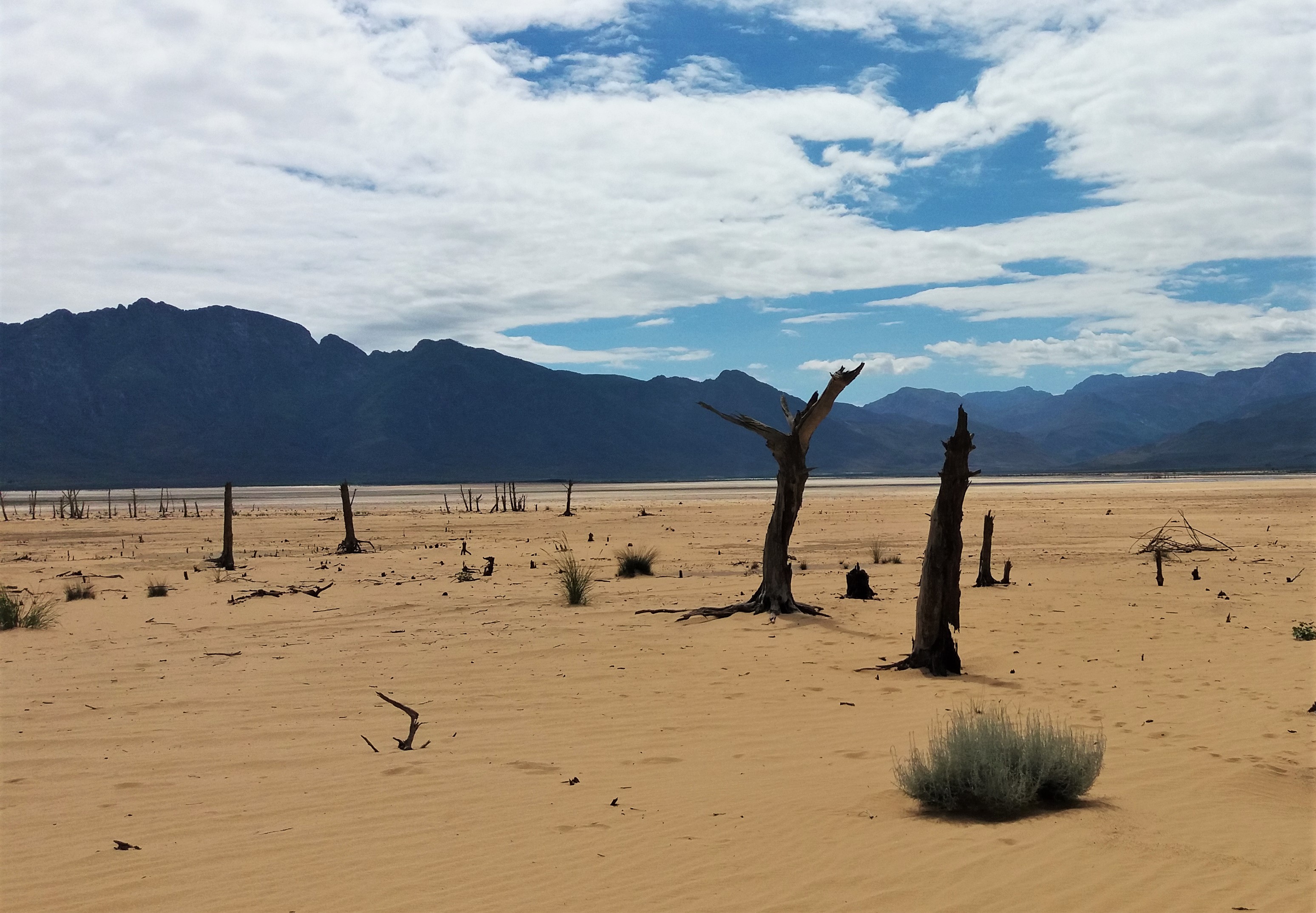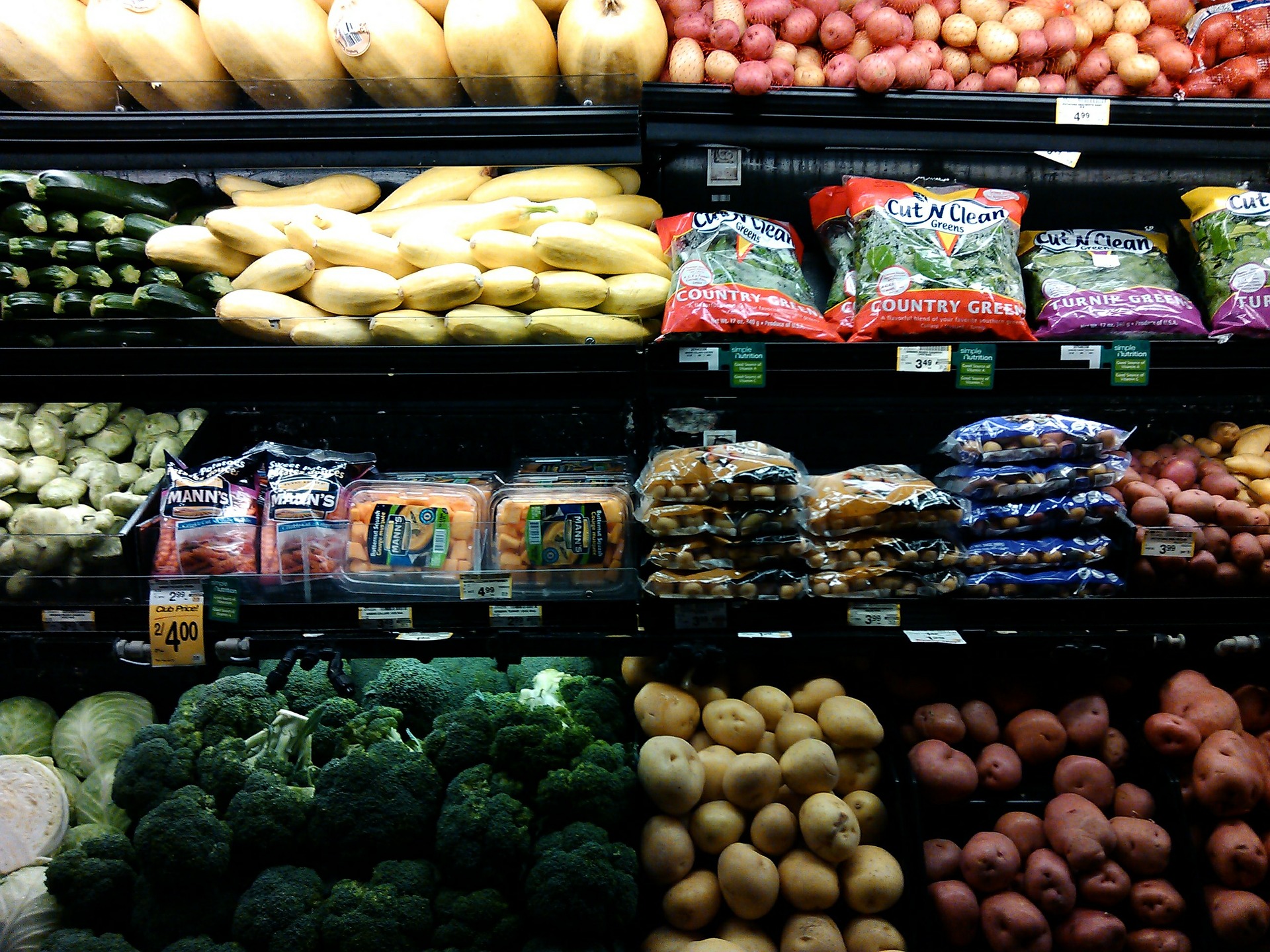Cape Town’s Water Crisis
Nor any drop to drink.

Cape Town, the second largest city in South Africa (population: about 3.7 million), has a bit of a problem: it’s running out of water. Seasonal rains have pushed back the ominously named Day Zero (the day the coastal city’s taps run dry) until next year. But over the long term, the thirst remains—and may even get worse.
On one hand, from the point of view of many North Americans, Cape Town is a faraway place at the bottom of the world; on the other, the city is the canary in the coal mine of the Western world, a dire warning about what may be the definitive problem of the 21st century. Always a semi-arid place, the city has been hit hard by shifting rainfall patterns brought on by climate change. Add rapid population growth and chronic underinvestment in infrastructure, and you have a problem without any obvious solution.
Cape Town is the canary in the coal mine of the Western world, a dire warning about what may be the definitive problem of the 21st century.
Capetonians have had to endure a strict diet since the beginning of February, with the municipal government encouraging residents to limit water consumption to no more than 50 litres per day. No easy task, considering that a single toilet flush uses about 9 litres, and a 90-second shower uses about 15. Trying to wring out more efficiencies is unlikely to result in any real change.
And so it comes down to technology. Over the coming decade, hydro tech will be a big theme for scientists and engineers—and for the investors who will follow. Newly developed ultra-thin membranes are making reverse osmosis desalination more cost-effective. Scientists at MIT have been using new materials to improve the centuries-old technique of fog harvesting—a technology that can work in arid coastal regions in places such as Morocco, Chile, Eritrea, and Cape Verde. Meanwhile, Silicon Valley has been busy putting its best brains to work on software that helps identify and rectify leaks and inefficiencies in irrigation systems, ensuring that every drop counts.
We’ve come to view technology as the ace up the sleeve of our species—the machina that transforms us from mere beings into gods, able to extract ourselves from any social, environmental, or financial mess we’ve created. But this time, the stakes are a lot higher. Reliable access to water is the bedrock of modern civilization—water is the commodity that makes organized communities and industries possible. If we can’t science our way out of this problem, you can bet there’ll be plenty who are willing to fight their way out instead.
Photo via Wikipedia Commons.
_________
Never miss a story. Sign up for NUVO’s weekly newsletter, here.



